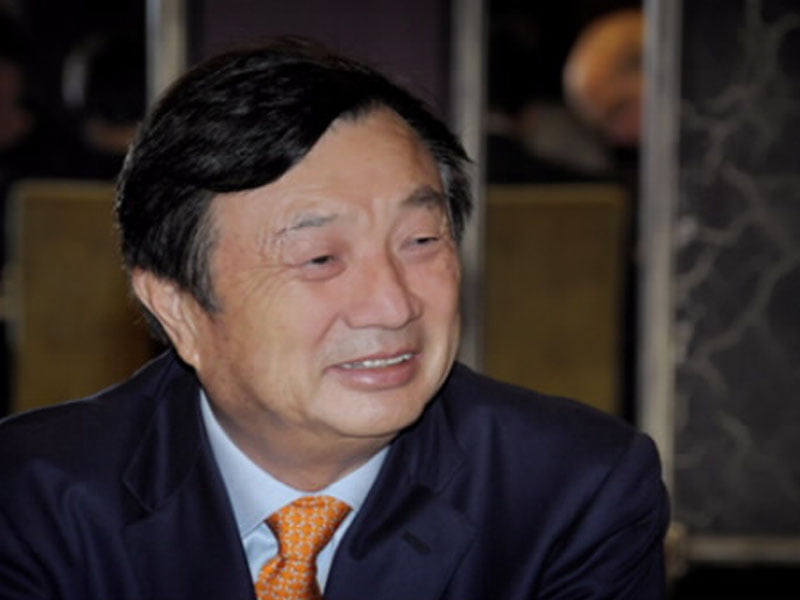Ren Zhengfei, the enigmatic founder and chairman of China’s most successful international company Huawei Technologies is a hard man to pin down.
He has only ever given a handful of media interviews, the first in only 2014 to a group of journalists in New Zealand, declaring he would rather spend his time meeting customers, however small.
Huawei, which now makes almost 70 per cent of its $46.5 billion in revenues (for 2014) outside China, has been widely criticised for the opacity of its operations. And western countries – particularly the US and Australia – have been so wary of Ren’s history as an officer in the People’s Liberation Army and the company’s rumoured (but never proven) links to the military that it has been stymied from federal government contracts.

But this has not been so in the United Kingdom, Holland and scores of other nations in Europe and around the globe. In Singapore, the company was the primary vendor for its successful nationwide fibre to the home/office national broadband network.
Without being able to interview Ren it’s hard to get a grip on the man. But Cambridge professor David de Cremer, has met Mr Ren (he’s appears to be a fairly unabashed fan) and shared his thoughts with InnovationAus.com in Singapore last week.
“Strong leaders provide a sense of purpose to their people, and Ren Zhengfei is no exception. His first and foremost concern is the customer,” de Cremer, who holds the KPMG-funded professorship in management studies at Judge Business School, University of Cambridge, together with Tian Taio wrote in the Harvard Business Review in June this year.
“Many companies adopt a customer-focused attitude, but how many of them truly live it? Huawei distinguishes itself from the competition in this regard. In our conversation, Ren Zhengfei mentioned repeatedly how in the early years of Huawei everyone in the company had to turn their eyes to the customers and their backs to the bosses”
Since Mr Ren stepped away from chief executive duties he has introduced the use of a rotating CEO system in which three deputy chairmen take turns acting as CEO for six months each.
Mr Ren, of course, maintains his oversight role, acting as a mentor and coach for the acting CEO.
“Mr Ren said that this innovative management structure is inspired by a book on new leadership called Flight of the Buffalo (authors James Belasco and Ralph Stayer). While it will make the company less vulnerable if one chief fails or derails, it’s hard to imagine a publicly-held company getting away with such an unusual plan.”
de Crèmer said that Mr Ren’s innovative style of management could prove a lasting legacy and that he encourages his executives to read outside the technology field, such that ambitious Huawei staffers keep plenty of books in their offices these days.
Asked if Mr Ren had shown any signs that he would step away from the company, de Crèmer demurred.
Still, hovering over proceedings as Huawei has marched onwards past Ericsson to become the largest company in the telecommunications sector and the first for many years to combine networks and devices separately is the presence in mahogany row of his daughter Cathy Meng Wanzhou.
Self-made moguls have a storied habit of wanting to keep things in the family, whether their companies are private or public-or in many cases a bit of both.
The Chinese are no different, if Hong Kong tycoon Li Ka-Shing and is Macau gaming counterpart Stanley Ho are any indication.
And while Mr Ren is keeping the revolving door to the Huawei chief executives office spinning for now don’t be surprised when it stops at some stage when Meng slips her feet under the desk
Part Two of Michael Sainsbury’s series on Huawei will appear in InnovationAus.com tomorrow. He attended Huawei’s Innovation Day on November 12 as a guest of the company.
Do you know more? Contact James Riley via Email.
